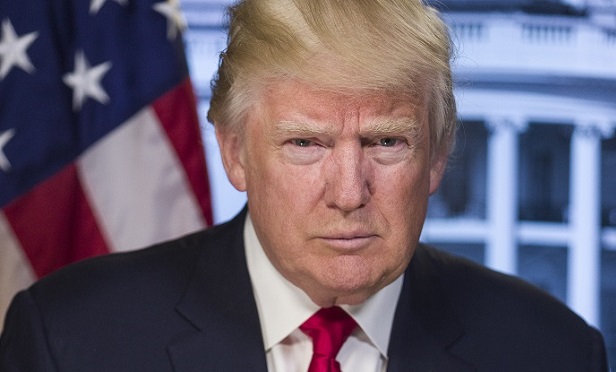
 President Donald Trump (Photo: White House)
President Donald Trump (Photo: White House)
Donald Trump said he would propose the most sweeping plan in U.S. history to lower drug prices, an attempt to meet a promise from his campaign that has largely gone unaddressed so far in his presidency.
"We'll have much lower prices at the pharmacy counter and it'll start taking effect immediately," Trump said in a speech in the White House Rose Garden. "We're also increasing competition and reducing regulatory burdens so drugs can be gotten to the market quicker and cheaper."
The Trump administration released a blueprint called American Patients First that aims to increase competition for medicines and reduce patients' out-of-pocket costs. Under the plan, rules preventing government health programs from securing deeper discounts on drug prices would be lifted, the U.S. would push other developed countries with tighter price controls to pay more for medicines, and new incentives would induce drugmakers to lower list prices and prevent them from gaming the system to extend their monopolies.
For the industry and investors, many of the proposals will come as no surprise. Some were part of a February budget request to Congress, while others have been publicly hinted at by senior administration officials in past weeks.
Policies requiring congressional action are unlikely to be adopted rapidly if at all, as affected segments of the health care industry spring into action to oppose them. Regulations, too, can be challenged by lobbyists or by lawsuits, slowing their enactment. And Trump abandoned a vague threat before he took office to allow Medicare to negotiate prices with drugmakers directly, a proposal the industry has fought for years.
But David Maris, an analyst at Wells Fargo & Co., called the plan released Friday "a first shot across the bow."
"The industry is among the most profitable of any industry in the U.S. and as such probably has room to give," Maris said. "If it doesn't reform itself, it will be reformed and this is the beginning of that reform."
Total U.S. spending on drugs in 2017 rose about 0.6%, according to a report by Iqvia Holdings Inc., which tracks prescriptions. That modest increase doesn't tell the whole story, though. List prices rose at a far faster pace, meaning that Americans who pay out-of-pocket for brand-name drugs — people who are uninsured or who have high deductibles, for example — can face a steep bill.
Investors appeared unconcerned ahead of Trump's speech. The Nasdaq Biotechnology Index was up 1% at 2:07 p.m. in New York, against a decline in the Nasdaq Composite Index. The 193-company biotech gauge is a barometer of market sentiment about the industry and pricing issues.
"We expect more rhetoric than reform," Height Securities analysts wrote in a note on Friday. "The president's bark will be worse than his bite as he blames all parties within the drug supply distribution chain" for high prices.
Drug Plans
The 39-page drug plan includes immediate actions and longer-term policies that aim to increase competition, lower patients' costs and create incentives for drugmakers to lower base prices.



